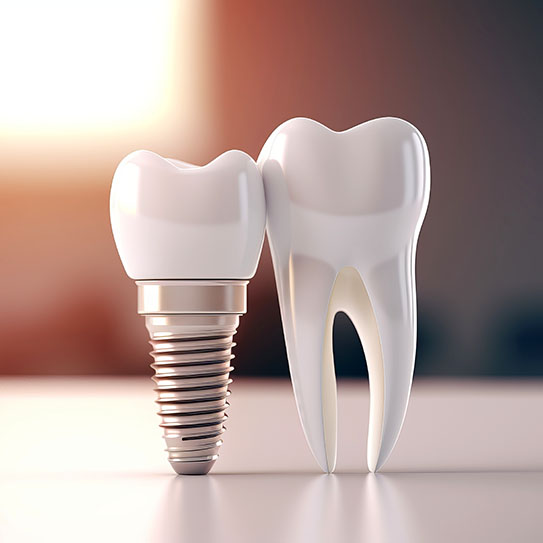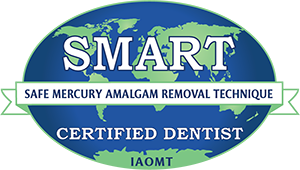Where Can I Get Dental Implants Near Me?

Quality Dental Implants in Rapid City If you're searching for "dental implants near me," you might be wondering how this advanced dental treatment can transform your smile. Dental implants are a groundbreaking solution in modern dentistry, offering a durable and aesthetically pleasing option for replacing missing teeth. At Rushmore Dental, we specialize in providing […]
Dental Implants vs Bridge Work
Implants are the rave today in dentistry! If you break a tooth off or loose a tooth you can have an implant. Here are some facts you need to know for an informed decision: In 2017 the implant studies showed a 15% failure of all dental implants for various reasons. It was 88% a few […]
Pain Free Root Canal Therapy-Managing Pain and Discomfort Before and After Treatment
We know... just hearing the words "root canal therapy"is enough to make your hair stand on end, right? It's a procedure that's taken on a reputation for being an uncomfortable and painful experience. But that doesn't necessarily have to be the case. Pain After Root Canal Therapy - What's 'Normal'? What's a 'normal' amount of […]
FAQ About Dental Implants
July 30, 2019 Restorative Dentistry By: Dr. Kelly dental implants Dental implants are a great way to restore both the appearance and function of missing teeth. While dentures need to be removed for regular cleaning, can limit the foods you can enjoy, and may slip around without proper adhesives, dental implants are permanent and feel […]



